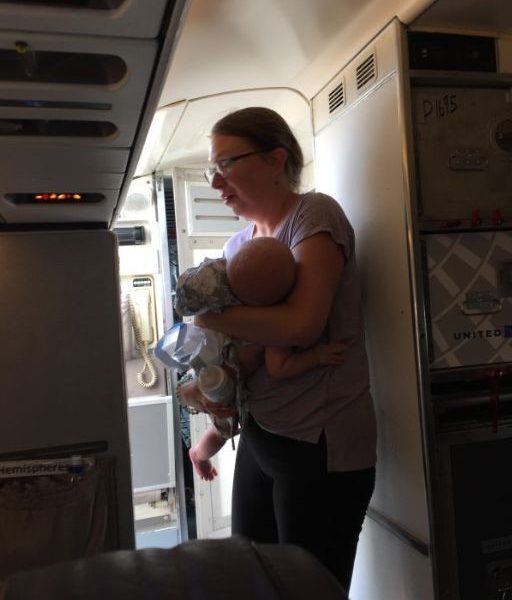I was thrilled to pieces about my grandson Liam’s first Little League game, picturing myself cheering with a glittery sign and a shirt emblazoned with his number. I’d spent days getting ready, even picking out a comfy chair for the sidelines. But the night before, my daughter-in-law, Emily, called with a shock: I wasn’t welcome at the game. Her explanation sounded reasonable at first, but when the truth came to light, it left me stunned and hurt.
Six years ago, my husband, John, passed away suddenly during our morning walk. We were planning a trip one moment; the next, I was alone, his favorite chair empty in our quiet home. The loneliness was overwhelming, but my son, David, promised, “We’ve got you, Mom.” It was Liam, my six-year-old grandson, who truly saved me. His endless curiosity and warm hugs pulled me out of the darkness. As a former teacher, I’ve loved many kids, but Liam’s my joy, my reason to smile.

When David and Emily’s careers took off, I became Liam’s after-school buddy three days a week. We’d share snacks, talk about his day, and head to the yard for baseball practice. “Like this, Grandma?” he’d ask, swinging his bat. “Just like your grandpa taught your dad,” I’d say, beaming. When Liam joined Little League, I was ecstatic, telling my book club about my future all-star. David shared the game details, and I got to work—crafting a sparkly sign, ordering a team shirt, even buying a new chair. But Emily’s call the night before crushed my plans.
“It’s a parents-only event,” she said, citing a league rule about too many spectators. Disappointed, I set aside my sign, trusting there’d be more games. On game day, I tidied the house, picturing Liam’s nervous grin on the field. Then my friend, Karen, sent a photo of Liam at bat, with bleachers full of people—grandparents included. Another message followed: “Why were Emily’s parents there and not you?” The photo showed Liam with a trophy, Emily’s parents beside him, holding a giant toy. My heart sank. Parents only? That was no rule.
I texted David, who arrived later, looking guilty. “Emily didn’t want you there,” he confessed. “She thought your excitement—the sign, the cheers—might overwhelm Liam. Her parents are more reserved, and they brought that big gift. She didn’t want you to feel lesser.” Then he added, “They also said you’re not really… their kind of people.” The words stung like a slap. I’d been sidelined for being too loving, too proud.
A month later, Emily called, panicked. Liam was sick, his fever soaring, and they had a work deadline. Her parents wouldn’t help, avoiding germs. “Can you watch him?” she asked. I rushed over, soothing Liam with stories of John’s baseball days. “I wanted you at my game,” he mumbled, gripping my hand. My heart swelled. “I’m here now, sweetheart,” I said. When his fever eased, Emily thanked me quietly. “Family shows up,” I told her.
As I left, Liam gave me a team-signed baseball. “For you, Grandma,” he said. I placed it by John’s photo, knowing I’m Liam’s rock, his cheerleader. Next time they try to bench me, they’ll learn that love doesn’t sit on the sidelines—it steps up when it matters most.


